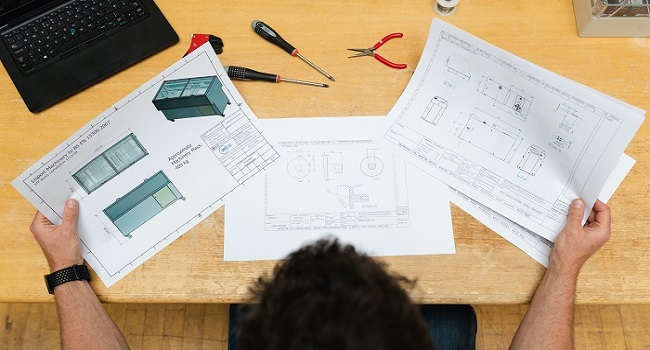As an engineer in the modern world, there are risks that come with the job. From design errors to negligence, these risks can lead to lawsuits against engineers.
In most cases, the cause for claims is related to design errors, malpractice, lack of design review, as well as client dissatisfaction which is one of the major reasons why engineers can find themselves in the courtroom. In some instances, this might be a solid reason for the client to take the engineer to court, but sometimes, the claims can simply be unfounded.
Protecting yourself from unjust claims is a vital part of running any successful engineering business. However, navigating the legal system on your own can be daunting. That’s why enlisting an experienced engineering lawyer to legally safeguard you is essential for effective self-preservation.
Let’s explore some of the main reasons why engineers get sued below.
What Are the Risks Engineers Face?
The risk of being involved in a claim is something that all engineers must consider as a possibility when working on any project. For instance, design errors or negligence are two common reasons for a lawsuit against an engineer. Even if an engineer isn’t directly named in a lawsuit, they can still be held liable for damages due to their involvement in the project, but more on that later.
Design Errors Make up Over Half of All Claims Against Engineers
Design errors are one of the most common reasons why claims are made against engineers. And given that it’s such a common occurrence, it demonstrates just how important it is for engineers to double-check their work and make sure that everything meets applicable standards and regulations before signing off on it.
Negligence is Another Common Reason for Claims
Negligence is another reason why claims are made against engineers, and it’s often closely linked with design errors. Negligence occurs when an engineer fails to take appropriate care when completing a task or doesn’t follow professional guidelines or industry standards, which can result in serious consequences down the line. This is why it’s so important for engineers to approach any task with caution and ensure they understand what they’re doing before they get started.
Being Named in a Lawsuit Can Also Lead To Claims Against Engineers
Even if an engineer isn’t directly responsible for any errors or omissions on a project, they could still be held liable if they’re named in a lawsuit due to their involvement in the project. This means that even if you think your work has been perfect, there’s always a chance you could find yourself on the wrong end of a claim from someone else involved in the same project, who believes you were negligent or responsible for any damage incurred during its completion.

Tips on Managing Risks as an Engineer
As an engineer, managing risks is of the utmost importance. To stay afloat in the ever-changing field of engineering, it is essential to practice good contract management, remain selective when taking on clients, document everything, approach tasks cautiously, keep clients informed, and implement quality control processes.
Good contract management ensures that you not only know the details of each job but also establish relationships between yourself and the client, which includes clearly written contracts about expectations for responsibilities, payment due dates, and timelines.
Being selective when taking on clients guarantees that your end product is high quality and you are comfortable with the projects being asked of you. This cautious attitude requires systematically documenting the details of the project through minutes of meetings or emails before further proceeding.
Keeping clients informed helps them understand progress updates in real-time while focusing on quality control processes, which allows for the adherence to high standards and delivery of a finished product within specifications. All in all, these prudent practices can protect both engineers and their clients against potential risks incurred during projects.
Conclusion
Understanding and minimizing risks is essential for any engineer who wants to stay protected throughout their career. By practicing good contract management, staying selective about which clients you take on, and documenting everything thoroughly, you will never have to battle in court.
And, by understanding the nature of the business and the risks, you can start taking steps towards minimizing those risks and continue to offer quality service without putting yourself at unnecessary risk.





























